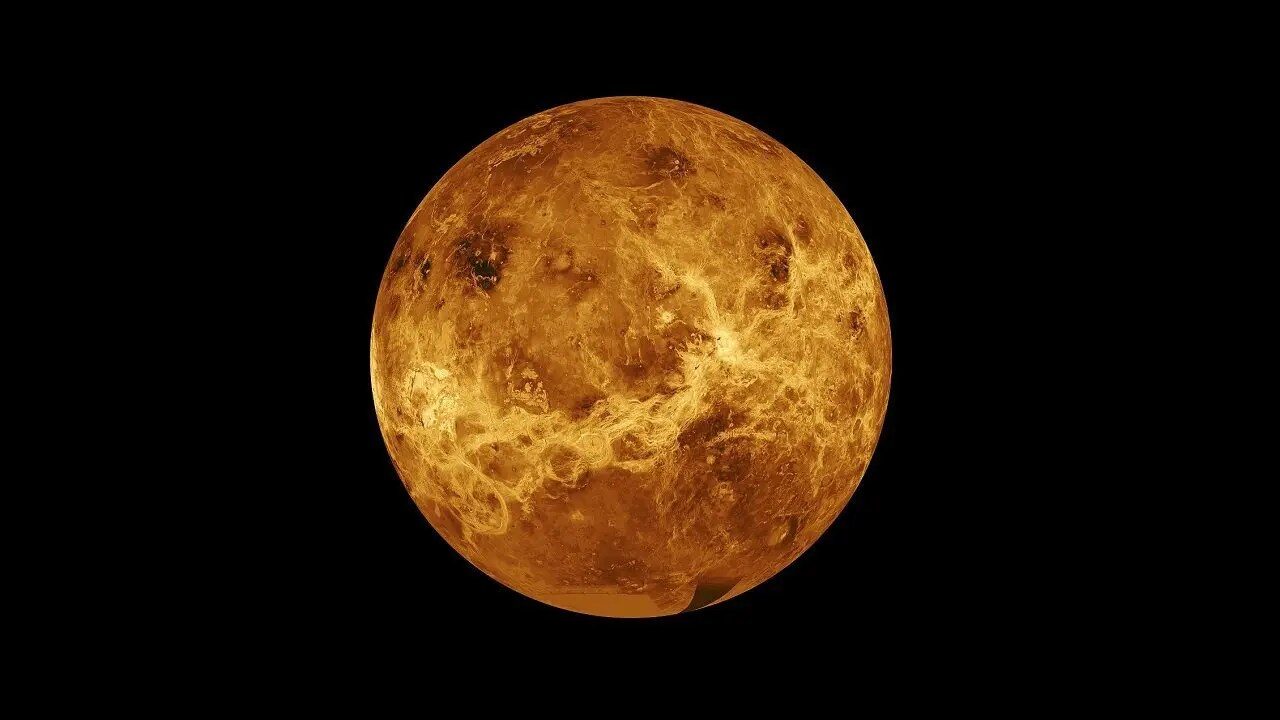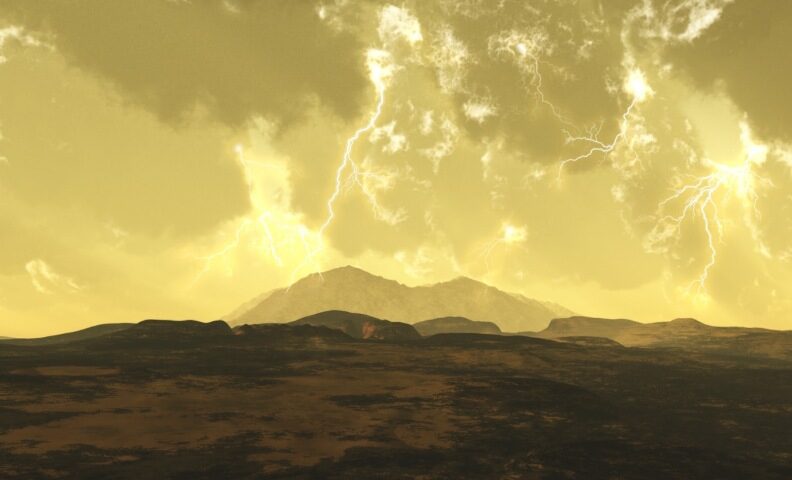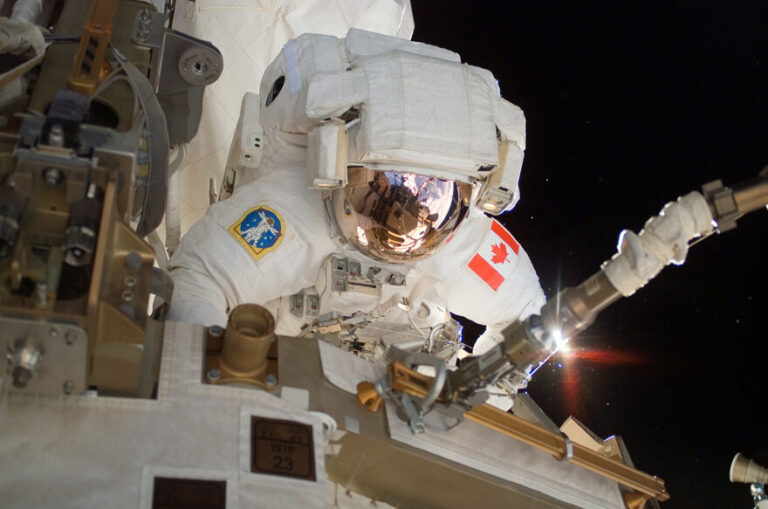Should NASA Pay More Attention To Venus?

NASA recently revealed that they’d selected new missions for solar system exploration. Psyche will be exploring a metallic asteroid that is thought to contain huge amounts of raw materials, and Lucy will check out asteroids that travel along Jupiter’s path. Both missions were carefully selected and should provide new information on the evolution of our solar system. The only problem I have is that they have decided against a mission to Venus which many believe is a planet in need of some exploration.
But no Venus mission?
NASA hasn’t been interested in Venus for a while now. With these latest plans in motion, we won’t be going back for some time either. It is a real shame when we think of the history of space exploration and the fact that Venus was the first planet we successfully landed on. Earth is a very similar planet to Venus, if not for the horrifying surface conditions. They are of a similar size, gravity and chemical makeup, and probably the most similar to our own planet that we’ve sent probes to. Scientists do think that Venus was once a habitable planet, at least for a period of time, before it became far too hot for anything to survive. Although further from the Sun than Mercury, the planet is far hotter; 850 degrees Fahrenheit in fact, which is enough to melt lead in minutes.
Exoplanets and the search for Earth 2.0
Much of the scientific energy in recent years has gone into exoplanets and searching for Earth 2.0. We have found many candidates that lie in the habitable zones of their respective stars and we do think that many of them have the ability to collect water on the surface. The only difficulty is an age old problem; time. The nearest possible Earth-like exoplanet is Proxima b and the most outlandish theory of how to get a probe to the planet would take 20 years to reach the system, and this is still a theory. Why don’t we study an Earth-like planet that is in our stellar back-yard?

Venus would give us some good data and understanding on global warming and the greenhouse effect as the planet has gone through tremendous changes in its history:
“I don’t want to say that Earth can turn into Venus from global warming. That is not going to happen. It takes a lot of carbon dioxide to make Venus’s atmosphere as hellish as it is. But that lies on a continuum, on a spectrum, of how CO2 in atmospheres affect planetary climates. Earth is not going to turn into Venus, but Venus has lessons on climate evolution for Earth that we should pay attention to.” – Bob Grimm, the director of the Department of Space Studies at the Southwest Research Institute and chair of the Venus Exploration Analysis Group.
Why not Venus?
So why don’t we do more Venus exploration? The reason is predominantly cash-related. NASA receives about half a percent of the Federal budget and very little goes towards planetary sciences, which might be even less if the President Trump talk is correct. It is also less complicated to explore Mars and the results are more visible. Curiosity can beam back images for years, whereas a rover sent to Venus might not last very long at all, even with the best technology we have. Mars also has a romantic appeal; one day, humans will live on the surface and we will have a second colony. We will grow vegetable and have babies on the planet’s surface, and print houses from 3d printers. People understand that it might be a few decades off, but it will still happen within our lifetimes. We probably won’t ever walk on the surface of Venus.
Another point is that NASA seems to be on a manhunt, quite literally. Most missions commissioned in recent years are missions of exploration to discover evidence of alien life that does, or may once have, existed on another celestial body. NASA has followed a path of following the water; in essence they have imagined that where there is water, there must be life.
We think that water was brought to Earth by asteroids, which also brought amino acids and created the chain of events that led to us being here today. Poor Venus is entirely lifeless, although there may be a miniscule chance of bacteria in its clouds. Not enough of a chance, however, for NASA to invest its budget in a mission.
“We’re in [a] phase of looking at these extra-solar planets and saying: Now wait a minute—Venus has something really important to tell us about why the Earth is habitable and why is Venus not. If you only focus on Mars, if you only focus on Europa, you’re not going to understand this. This is the question we’re really struggling with now. It’s not just: Are you a potentially habitable planet, but: How long did that period of habitability last? Did life take hold? Did it persist? Venus helps answer those questions. If you only focus on Mars, if you only focus on Europa, you’re not going to understand this. We need a broader program.” Ellen Stofan – Former chief scientist at NASA.
There was a disgruntled sigh amongst the Venus community when the latest missions were announced. The hope was that at least one Venus mission would get the green light as 2 had been named amongst the final 5. Stofan was indeed surprised by the Venus rejection although she did say that the asteroid missions were also worthwhile. Her only worry was that NASA would soon find itself without any Venus experts in the team, given that the last mission was 28 years ago.

“My huge concern is that the expertise is still there but it’s going away. If we have no Venus missions it will definitely be gone. We will have lost something. We will have lost this capability and it’s really unfortunate.”
The problem facing future NASA engineers on a mission to Venus is that the experience of landing probes or rovers on Venus is all but gone. When any new mission is announced, the scientists speak to the people with experience and the experienced Venus researchers and scientists are not in the great number they once were.
“There’s a weird kind of feedback effect where once you have a bunch of missions somewhere, then you’ve created a community of scientists who are invested in, and interested in doing, more missions like that. You’ve trained a generation of grad students whose advisors were working on Mars missions who are then new scientists in the community, and they want to propose Mars missions.” David Grinspoon, senior scientist at the Planetary Science Institute.
“The Venus community has shrunk because there haven’t been any missions there, so there hasn’t been funding, so there haven’t been as many people writing papers, training students, holding meetings—the community has sort of dissipated and withered away a bit. That’s how you avoid risk. You use proven technologies. The heritage for Venus [atmospheric] entry proposals is Pioneer-Venus in 1979! Clearly, if you haven’t been doing something, there are fewer experts in doing that.”
There is hope…
The ESA and JAXA have both recently conducted orbital missions to Venus. Vast quantities of new data has been gathered and lots of new papers published. Now they need a ground mission to explore further the relationship between the surface and the atmosphere of Venus. The problem is that NASA have the rover experience and they all need to work together to complete any mission.




